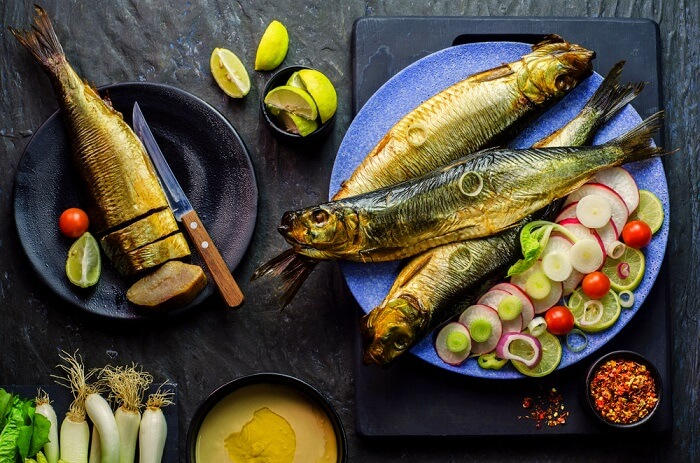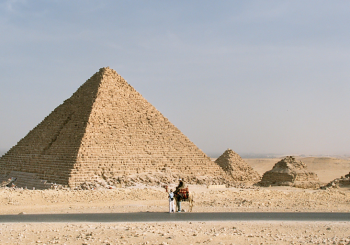
On the Monday after Orthodox Easter Sunday, Egypt celebrates one of its favourite springtime holidays: Sham El-Nessim.
While its date associates it with Easter, it is not related to any religious event, and is actually one of the longest-standing Egyptian holidays, dating back to as early as 4,500 years ago.
The phrase Sham El-Nessim itself, which translates to ‘smelling the breeze’ in Arabic, yet there are two existing theories about the origin of the name. One suggests that it is an Arabization of the words tshom ni sime, meaning something along the lines of ‘gardens and meadows’.
The other theory is that the name of the holiday comes from the Ancient Egyptian name of the harvest season that was called Shamo (renewal of life). The feast of Shamo was first celebrated in 2700 BC. On this day, ancient Egyptians would feast at the foot of the Great Pyramid and eat salted fish.
Sham El-Nessim is associated with eating seasonal spring onions, also known as green onions or scallions, as well as eggs, ringa (smoked herring), and fessikh (salt-cured mullet fish).

Sham El-Nessim is an occasion for families to get together and picnic in the springtime weather to enjoy the traditional springtime foods associated with it, with children painting eggs, a tradition that is believed to have started in ancient Egypt as well.
Today, Egyptians celebrate the holiday with their families in open spaces or at their houses. Food remains a central aspect of the holiday, with feseekh being one of the most popular dishes. Coloured eggs – symbolizing new life in Ancient Egypt – are also made and eaten on the day.







Comment (1)
[…] Sham El-Nessim: The Origins of Egypt’s Ancient Spring Holiday What is Holy Week and How do Copts Celebrate it? […]